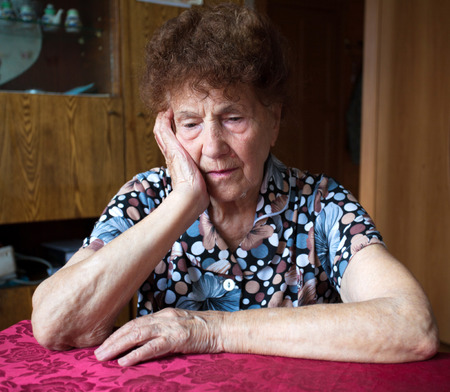New report highlights how technology innovations can tackle social isolation and loneliness

A new report released by Internet of Things UK (IoTUK) outlines how emerging digital and social technologies can help tackle social isolation and loneliness.
Entitled Social isolation and loneliness in the UK and published in collaboration with Future Cities Catapult, the report addresses one of the most burdening problems currently facing our society. It argues by providing technology solutions and advancements, we can improve the physical and mental health of people in cities of all ages who suffer from this preventable problem.
The report outlines how the combination of social isolation and loneliness are placing a strain on health services with 60% more likely to visit emergency departments if they live on their own than with a spouse. The problem is also affecting people’s mental health conditions with a clear corroboration between loneliness and mental health issues like depression. This report provides technology driven answers to help combat loneliness, engage the people affected and give them the skills to interact with the world around them, particularly amongst the older generation.
Hannah Griffiths, market analyst at Future Cities Catapult said: “Research has shown that, in terms of negative health outcomes, lacking social connections is comparable to smoking 15 cigarettes a day. This report shines a light on the growing problem that social isolation and loneliness presents to our society.
“Technology can offer a cost-effective way of providing wider services and support and by highlighting innovative solutions, we hope this kick starts a policy drive to provide tangible answers to the problems that these debilitating conditions pose.”
Tech-based interventions such as video calls, computer literacy courses and the provision of internet access have been shown to have positive effects on reducing levels of social isolation. Community-based initiatives that Future Gov have created like ‘Casserole Club’, which allows people to sign up as cooks and search for diners in their area who they can offer a meal to, have been hugely effective.

Hannah Griffiths
The majority of these diners are over the age of 80 and this social enterprise has grown to over 4,000 volunteer cooks nationwide. 70% of the diners consider their volunteer cooks to be friends and 80% say they wouldn’t have as much social contact without Casserole Club.
Matthew Skinner, delivery director at Future Gov said: “New technology is helping us to design digital public services that meet users needs, provide a better experience and cost less.
Digital services like Casserole Club are helping to shift the balance of power back to local communities, providing them with light weight digital tools to connect and help each other. Casserole Club facilitates neighbours to build long lasting friendships through the shared experience of food, reducing isolation and loneliness in the process.”
Internet training can also help with sporting activities like ‘walking football’ where increased connectivity amongst older people enables them to access social media groups and build relationships. Activities like this have been hugely effective in encouraging older men and women to take up sport again without worrying about previous physical injuries.

Matthew Skinner
Other tech-driven prototypes include the InTouch Living system in Australia have been designed to tackle the increasing cost of social care through features like one-click photo sharing, online activities like language lessons and two-way messaging. These digital solutions have been shown to reduce the burden of cost on social care significantly, with an hour of digital social inclusion service being delivered at 60% of the cost of traditional face-to-face emotional support services.
Hannah Harniess, Interim Programme director at the DigitalHealth.London Accelerator, said: “Our cities are growing ever more crowded, generating significant challenges for urban design, housing and health and social care provision. Changing demographics and increasing numbers of people in single-person households are contributing to rising levels of social isolation, loneliness and rising mental health issues.
“At the DigitalHealth.London Accelerator programme we work with digital health start-ups who have developed innovative solutions to address some of these challenges across London. We provide tailored support to these SMEs and focus on engagement with clinicians and healthcare experts, to spread their innovations by forming connections to improve population health and wellbeing fit for the future.”
The report is available to download here.
Comment on this article below or via Twitter @IoTGN
